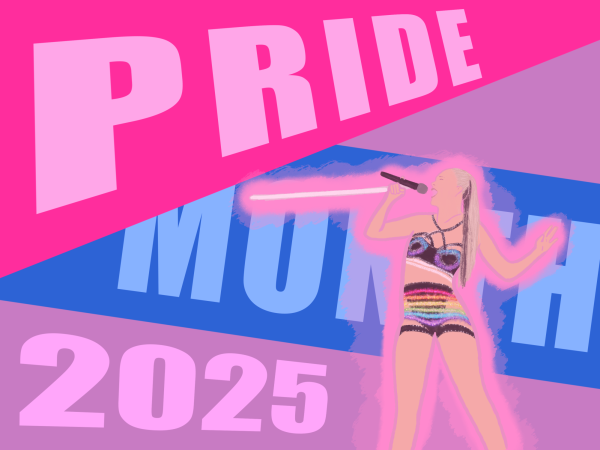The #MeToo campaign and why it fails
Sean W. Cooper is a sophomore at UNCW majoring in Communication Studies. He is a staff writer for The Seahawk. The opinions expressed in the article are solely those of the author. Sean W. Cooper may be found on Twitter @SWWCoop. All suggestions and inquires may be sent via email to [email protected].
We’ve all heard about movie producer Harvey Weinstein by now. Several women have finally ousted him for sexually assaulting and harassing them, and worse yet, the number of women who are still hiding in the shadows is likely fivefold, if not tenfold.
On Sunday, October 15, ten days after the first allegations against Weinstein made headlines, television actress Alyssa Milano tweeted the following in response:
“If you’ve been sexually harassed or assaulted write ‘me too’ as a reply to this tweet.”
By that Tuesday, “me too” had become a viral hashtag that people (mostly women) were using not only on Twitter but also on Facebook. According to CNN, the latter medium reports that in under 24 hours, over 4.7 million accounts had posted a status featuring the #MeToo hashtag, and that 45% of American Facebook users were “friends” with somebody who used the hashtag.
This news is depressing. Of course, I’m partly referring to the appalling number of people who have come out about these toxic encounters — but I’m also referring to the fact that this campaign exists at all.
There’s a word for this: slacktivism. It means exactly what it sounds like it means: one actress has drastically oversimplified a very serious issue down to two words, making it easy to contribute to a discussion in a way that quickly loses its intrinsic meaning through increased repetition. It’s like taking the entirety of “The Marriage of Figaro” and whittling it into a three-second jingle because that’s much catchier than a full-length opera.
The simplicity and brevity of the #MeToo hashtag makes it easy for people to share their experiences with sexual harassment and assault. However, because it’s so simple and brief it means nothing.
What the victims of this (and other forms of discrimination and abuse) should be doing is sharing their stories, in full, unfettered detail. Yes, this is asking for a grueling and time-consuming task, not to mention an emotionally painful one, for people who would much rather type five characters and hit send.
However, it would also paint a picture of just how magnitudinous sexual assault and harassment are.
This goes back to a core principle with any issue, be it political, social, cultural or otherwise: the first step to resolving it is discussing it.
Take race for example. All sides need to come to an understanding with one another other if they have any hope of resolving the issue. If we cannot have open, civil conversations about race, then hate will fester in the minds of racists and the problem will only grow worse. Some have argued that our fear of engaging in these discussions as a society was a key factor in Trump’s election.
Likewise, if we can’t have open, civil discussions about sexual harassment or sexual assault, the abusers won’t go away, and if anything, we’ll only continue to see it grow. On one hand, any conversation is better than no conversation at all, but the superficial extent to which #MeToo reaches is, at best, an offensively lazy response to a very serious epidemic. At worst, it has only helped normalize the issue further.






